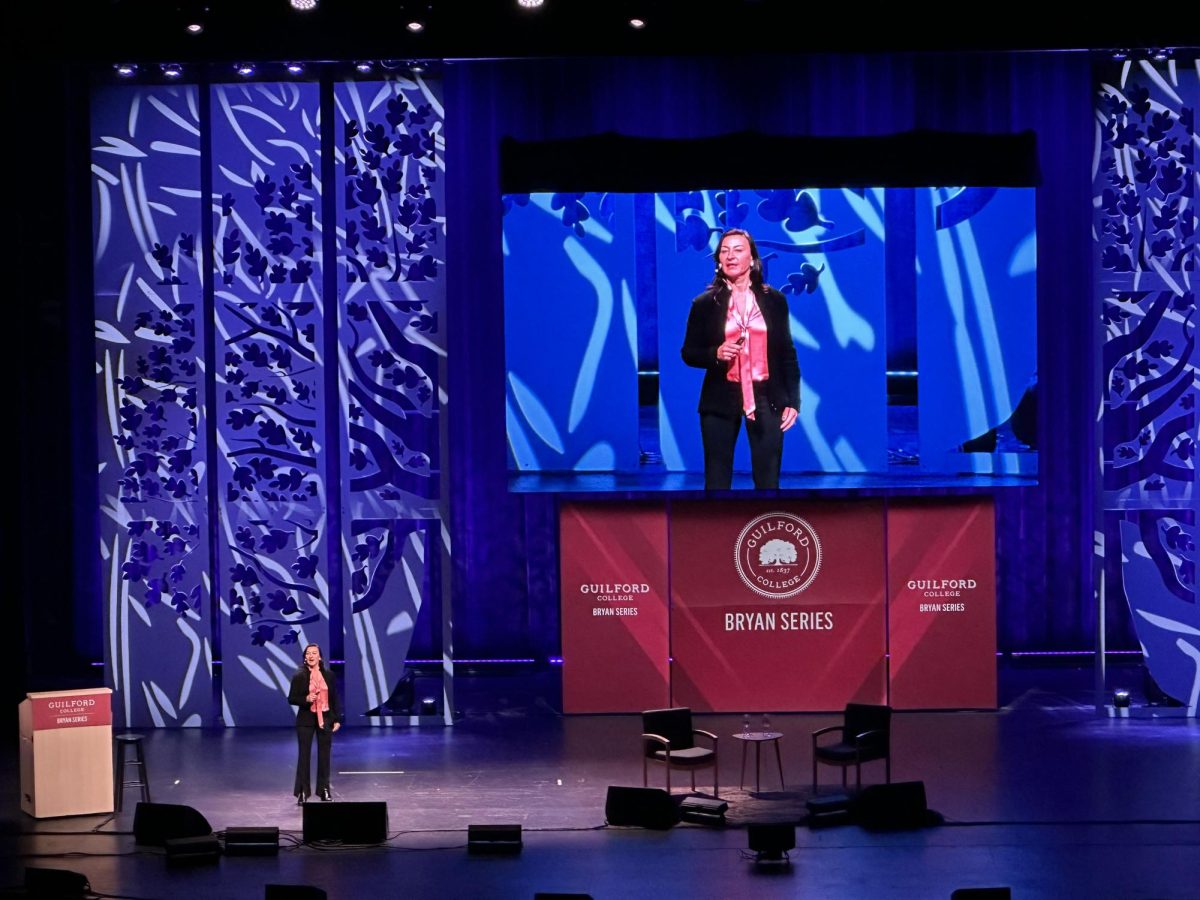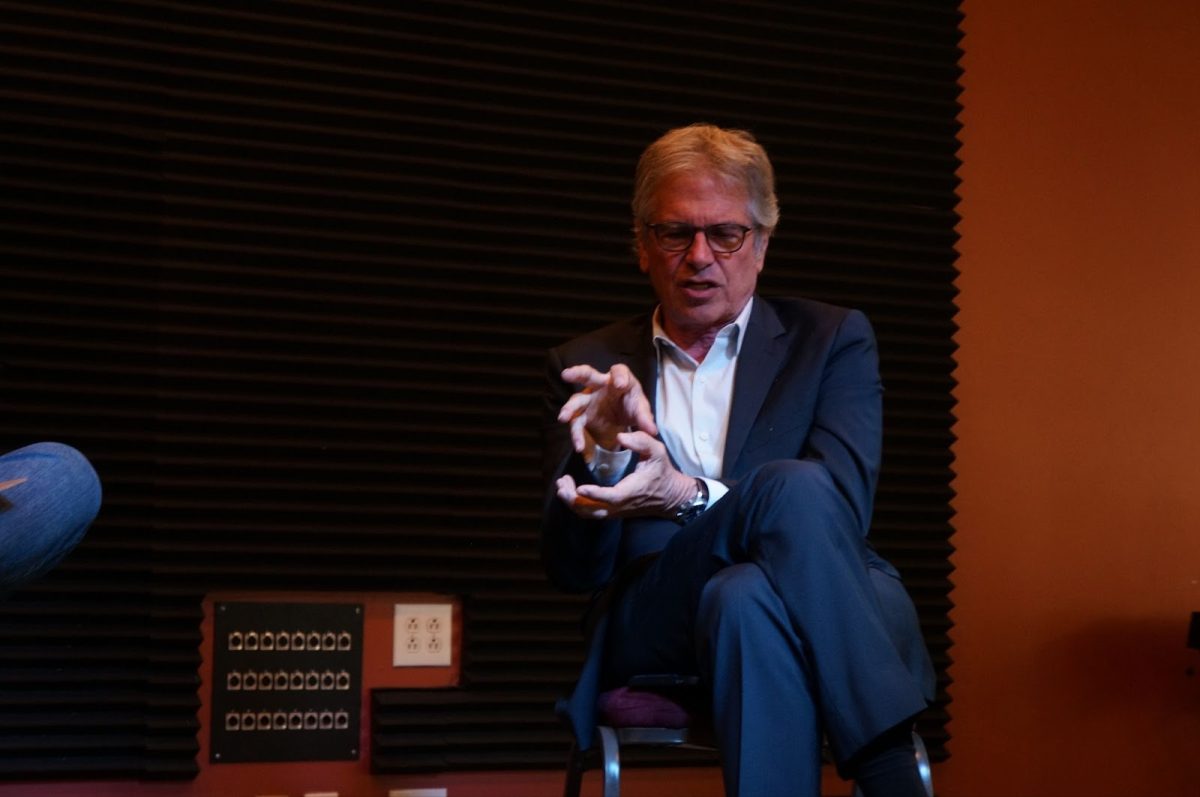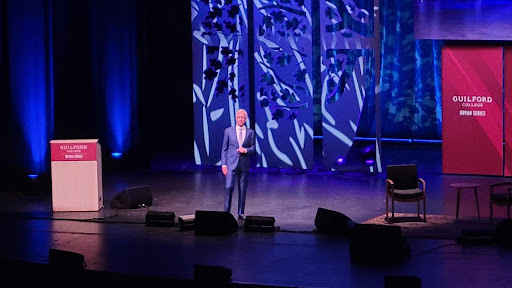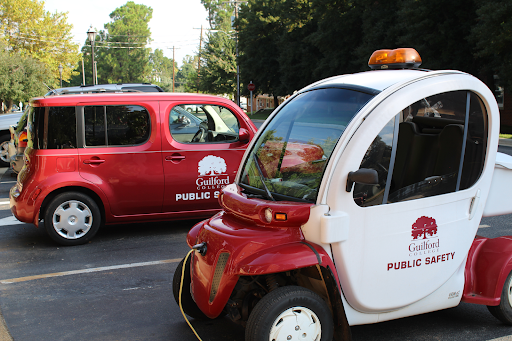Martin Luther King Jr., Rosa Parks, A. Philip Randolph, W.E.B. Du Bois, Booker T. Washington.
Every year, we celebrate these civil rights leaders who were courageous enough to look oppression in the face and fight for justice.
We often forget one man whose vision helped shape the civil rights movement.
His insight, along with his ability to organize and mobilize peace demonstrations, made him an invaluable part of the movement.
This man’s name was Bayard Rustin. And you have probably never heard of him.
It is okay, many have not. The reason is simple.
Rustin was an out gay man.
The Multicultural Resource Center held a screening of the documentary “Brother Outsider: The Life of Bayard Rustin” on Feb. 1 in commemoration of the 50th anniversary of the March on Washington for Jobs and Freedom and as the first in a series of events in honor of Martin Luther King Jr.
Winner of the 2003 CINE Golden Eagle Award and the 2004 American Library Association Notable Video Award, this documentary portrays the civil rights movement in a different light.
By telling the story through the eyes of Rustin, the documentary shows a new side to the Civil Rights Movement.
Because of his sexual orientation, Rustin was forced to stay behind the scenes of the movement, and as a result he is often forgotten in discussions of civil rights today.
“Oftentimes, our civil rights heroes become untouchable icons, and we are diverted to believe that a few select people were responsible for desegregation and all of the social change we have today, and we accept that there is not more to the story,” said LGBTQA coordinator Parker Hurley.
In the question-and-answer session that followed the screening, Beatrice Franklin of the Multicultural Resource Center asked attendees to reflect upon the film and challenged them to keep the spirit of Rustin alive at Guilford and the outside world.
Students voiced their feelings of shame in not knowing his story and also shared their renewed sense of moral obligation to spread his message through activism within the community. After all, no one understood the power of grassroots activism better than Rustin.
Rustin himself once said, “We need, in every community, a group of angelic troublemakers … the only weapon we have is our bodies, and we need to tuck them into places so wheels don’t turn.”
Guilford provides the perfect facility for community activism. Students interested in making a difference can look no further than the Bayard Rustin Center on campus.
Aptly named, the Bayard Rustin Center’s mission is to stay “committed to the cultivation of transformative educational experiences, building leadership within otherwise marginalized communities.”






